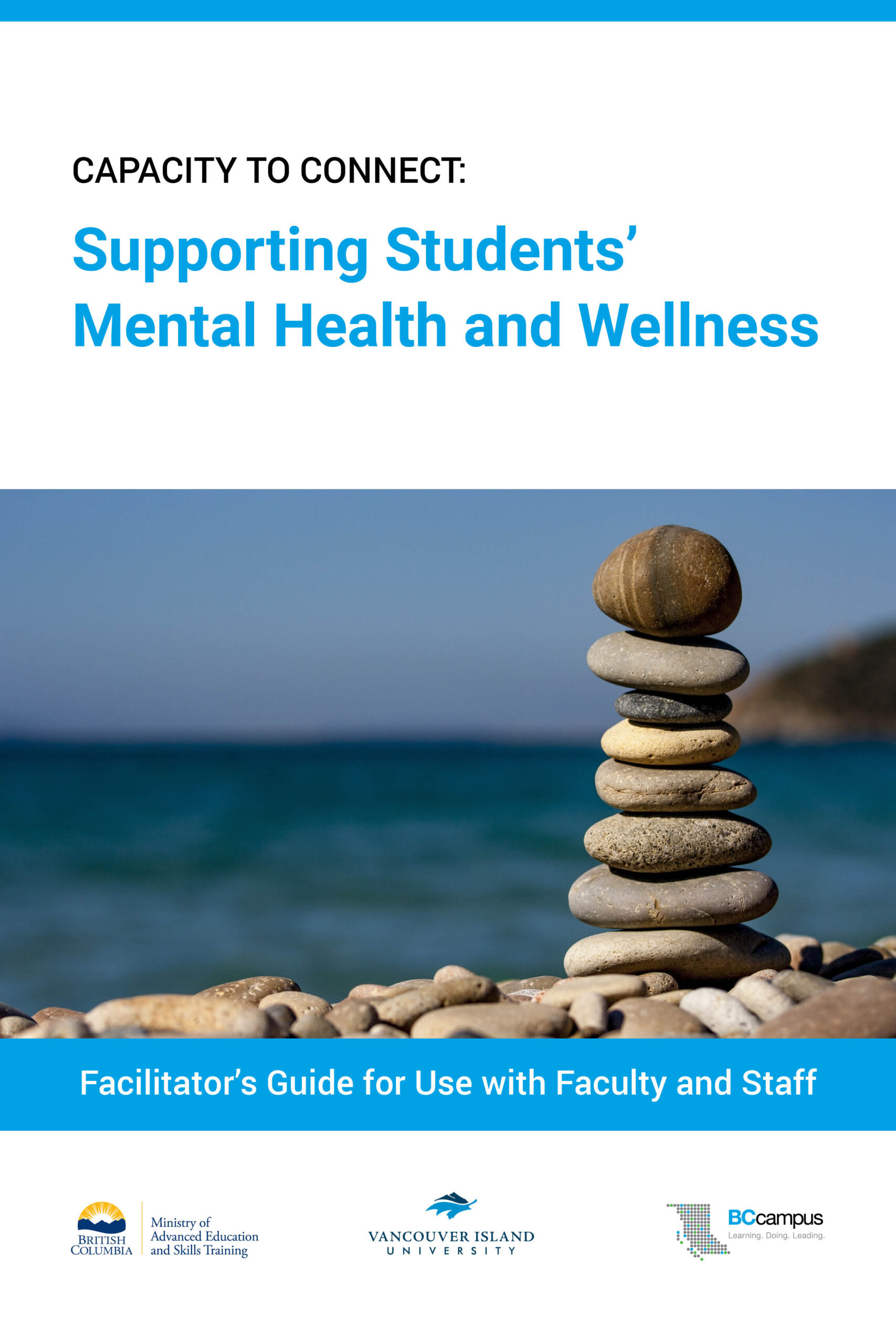
Long COVID Tips for Managing Symptoms and Recovery
Introduction
Long COVID, also known as post-acute sequelae of SARS-CoV-2 infection (PASC), is a condition where individuals experience persistent symptoms weeks or months after recovering from COVID-19. Managing these symptoms and facilitating recovery can be challenging, but with the right approach and support, individuals can improve their quality of life. In this article, we’ll explore some tips for managing symptoms and promoting recovery in those with long COVID.
Listen to Your Body
One of the most important things you can do when dealing with long COVID is to listen to your body. Pay attention to how you’re feeling and prioritize rest when needed. Pushing yourself too hard can exacerbate symptoms and prolong recovery. Be gentle with yourself and give your body the time it needs to heal.
Stay Hydrated and Nourished
Proper hydration and nutrition are essential for supporting your body’s recovery process. Make sure to drink plenty of water throughout the day to stay hydrated, especially if you’re experiencing symptoms like fever, sweating, or diarrhea. Additionally, focus on eating a balanced diet rich in fruits, vegetables, lean proteins, and whole grains to provide your body with the nutrients it needs to heal.
Pace Yourself
When managing long COVID symptoms, it’s important to pace yourself and avoid overexertion. Break tasks into smaller, manageable steps and take regular breaks as needed. Prioritize activities that are most important to you and let go of non-essential tasks if necessary. Remember, recovery is a marathon, not a sprint, so be patient with yourself and take things one day at a time.
Incorporate Gentle Movement
While rest is important, incorporating gentle movement into your routine can help improve circulation, reduce stiffness, and promote overall well-being. Engage in low-impact activities such as walking, stretching, yoga, or tai chi to keep your body moving without putting too much strain on your system. Listen to your body and choose activities that feel good and are within your comfort level.
Seek Support
Managing long COVID symptoms can be challenging, both physically and emotionally. Don’t hesitate to seek support from friends, family, or healthcare professionals. Joining support groups or online communities for individuals with long COVID can also provide valuable resources, encouragement, and understanding. Remember, you’re not alone, and reaching out for help is a sign of strength, not weakness.
Practice Stress Management
Chronic illness can take a toll on your mental and emotional well-being, so it’s important to prioritize stress management techniques. Practice relaxation techniques such as deep breathing, meditation, or mindfulness to help reduce stress and anxiety. Engage in activities that bring you joy and provide a sense of purpose, whether it’s spending time with loved ones, pursuing hobbies, or connecting with nature.
Monitor Your Symptoms
Keep track of your symptoms and how they change over time. This can help you identify patterns, triggers, and improvements in your condition. If you notice any new or worsening symptoms, don’t hesitate to reach out to your healthcare provider for guidance and support. Regular monitoring can also help you track your progress and celebrate small victories along the way.
Conclusion
Managing long COVID symptoms and promoting recovery requires patience, persistence, and self-care. By listening to your body, staying hydrated and nourished, pacing yourself, incorporating gentle movement, seeking support, practicing stress management, and monitoring your symptoms, you can take proactive steps towards healing and improving your quality of life. Remember, recovery is a journey, and it’s okay to ask for help along the way. Stay hopeful, stay resilient, and prioritize your health and well-being above all else. Read more about long covid recovery tips









